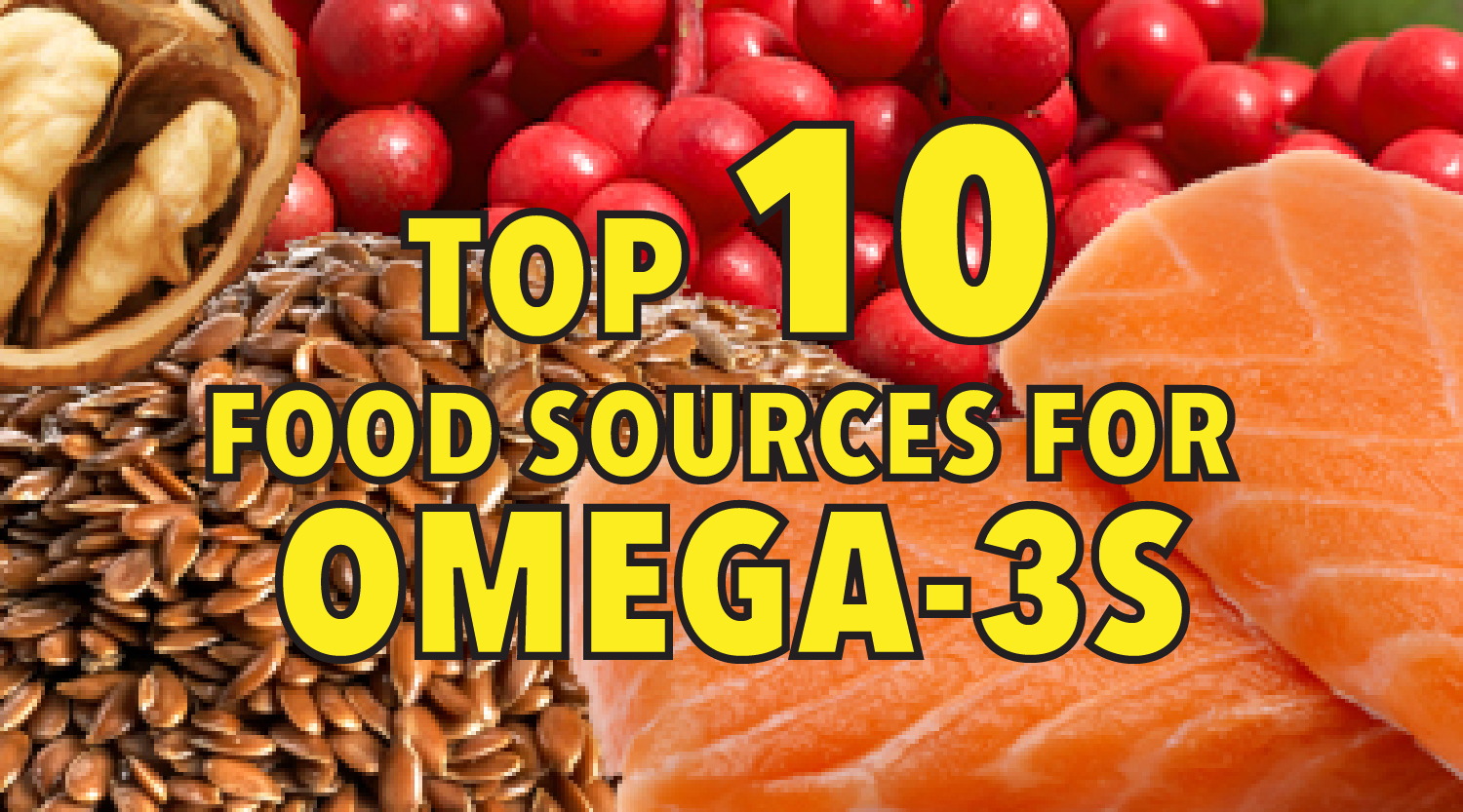High-Omega-3 Food for Brain Health

What are Omega-3 Fatty Acids?
Omega-3s are a type of polyunsaturated fat that are essential for our body’s health. There are three types of omega-3s: eicosapentaenoic acid (EPA), docosahexaenoic acid (DHA), and alpha-linolenic acid (ALA). EPA and DHA are found in fatty fish, while ALA is found in plant-based sources such as flaxseed, chia seeds, and walnuts.
High-Omega-3 Foods for Brain Health
Here are some high-omega-3 foods that can help boost brain health:
1. Fatty Fish
Fatty fish such as salmon, tuna, mackerel, and sardines are excellent sources of EPA and DHA. These fatty acids are essential for brain health and can help improve memory and reduce the risk of cognitive decline in older adults.
2. Flaxseed
Flaxseed is a great source of ALA, which can be converted into EPA and DHA in the body. Adding flaxseed to your diet can help improve brain function and reduce inflammation in the body.
3. Chia Seeds
Chia seeds are another plant-based source of ALA. They are also rich in fiber and antioxidants, which can help improve brain health and reduce the risk of cognitive decline.
4. Walnuts
Walnuts are a great source of ALA and other nutrients that are essential for brain health. They are also rich in antioxidants, which can help protect brain cells from damage caused by free radicals.
Benefits of High-Omega-3 Foods for Brain Health
Consuming high-omega-3 foods can provide many benefits for brain health, including:
- Improved memory and cognitive function
- Reduced risk of cognitive decline in older adults
- Reduced inflammation in the body
- Protection against brain cell damage caused by free radicals
- Improved mood and mental health
How to Incorporate High-Omega-3 Foods into Your Diet
Here are some tips for incorporating high-omega-3 foods into your diet:
- Eat fatty fish at least twice a week
- Add flaxseed or chia seeds to your smoothies or oatmeal
- Snack on walnuts or add them to your salads
- Replace unhealthy fats such as butter and margarine with olive oil or avocado oil
Disadvantages of High-Omega-3 Foods
While consuming high-omega-3 foods can provide many benefits for brain health, it is important to note that consuming too much omega-3s can also have negative effects such as:
- Bleeding and bruising easily
- Decreased immune function
- Increased risk of prostate cancer in men
- Increased risk of stroke in people with high blood pressure
FAQs
1. Can I get enough omega-3s from supplements?
Yes, you can get omega-3s from supplements such as fish oil or algae-based supplements. However, it is always best to get nutrients from whole foods whenever possible.
2. Can omega-3s help with depression?
Studies have shown that consuming omega-3s can help improve mood and reduce symptoms of depression.
3. How much omega-3 should I consume per day?
The American Heart Association recommends consuming at least two servings of fatty fish per week. If you are not able to get enough omega-3s from your diet, you may need to consider taking supplements.
4. Are there any side effects of consuming too much omega-3s?
Consuming too much omega-3s can increase the risk of bleeding and bruising, decrease immune function, and increase the risk of prostate cancer in men and stroke in people with high blood pressure.
Conclusion
Consuming high-omega-3 foods is essential for brain health and can provide many benefits for memory, concentration, and overall brain function. Incorporating fatty fish, flaxseed, chia seeds, and walnuts into your diet can help improve brain health and reduce the risk of cognitive decline. However, it is important to consume omega-3s in moderation and to consult with a healthcare professional before taking supplements.
